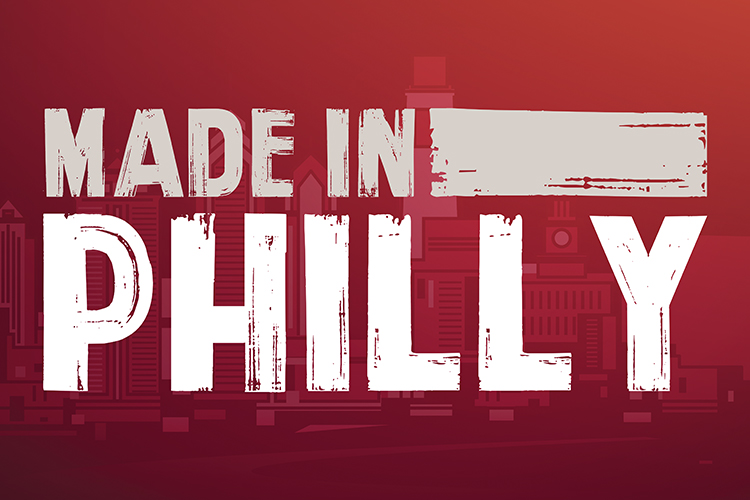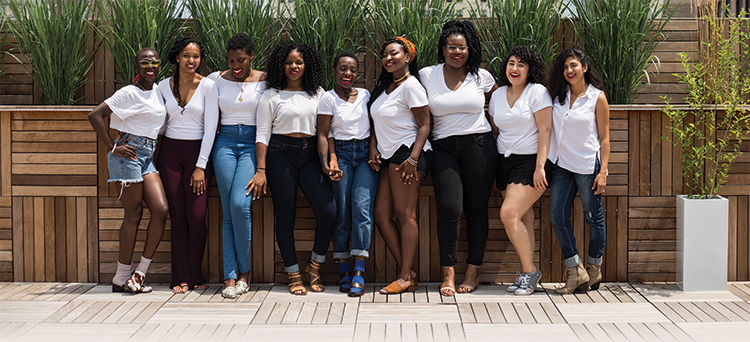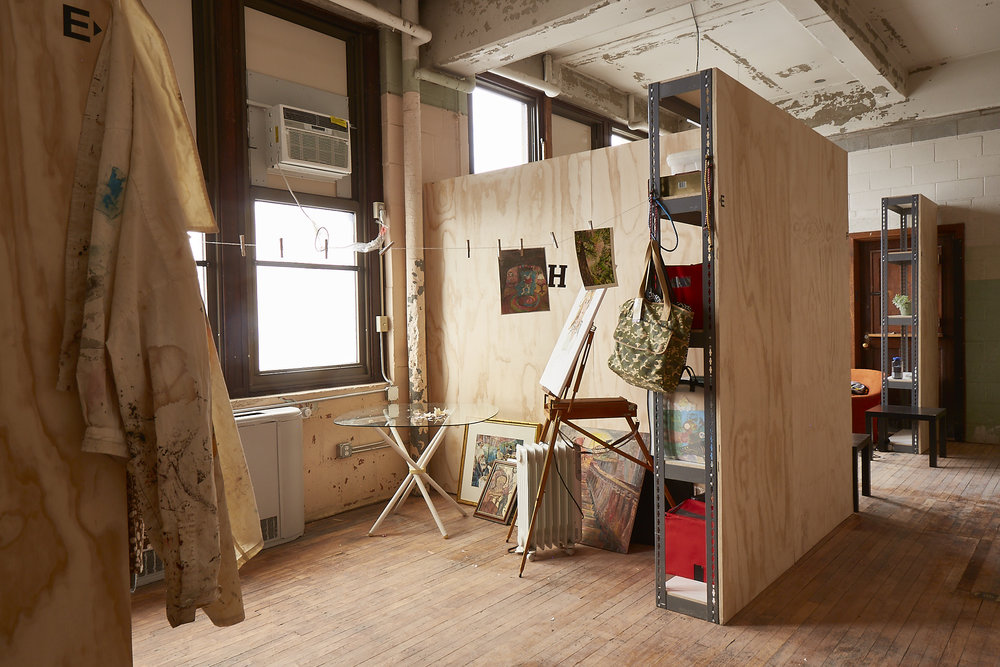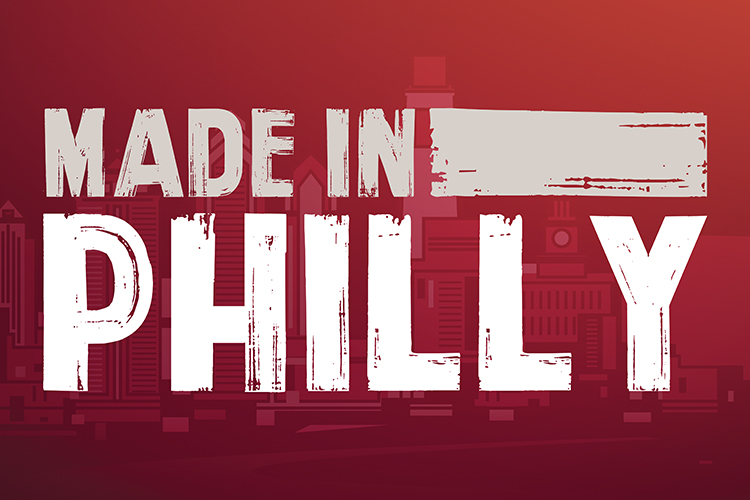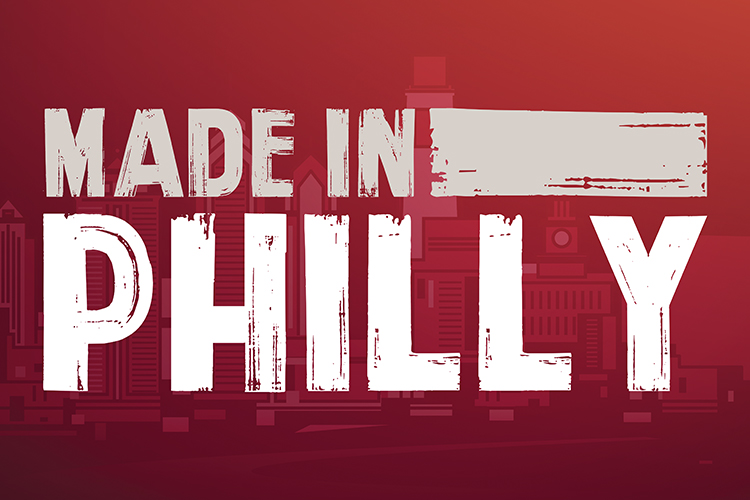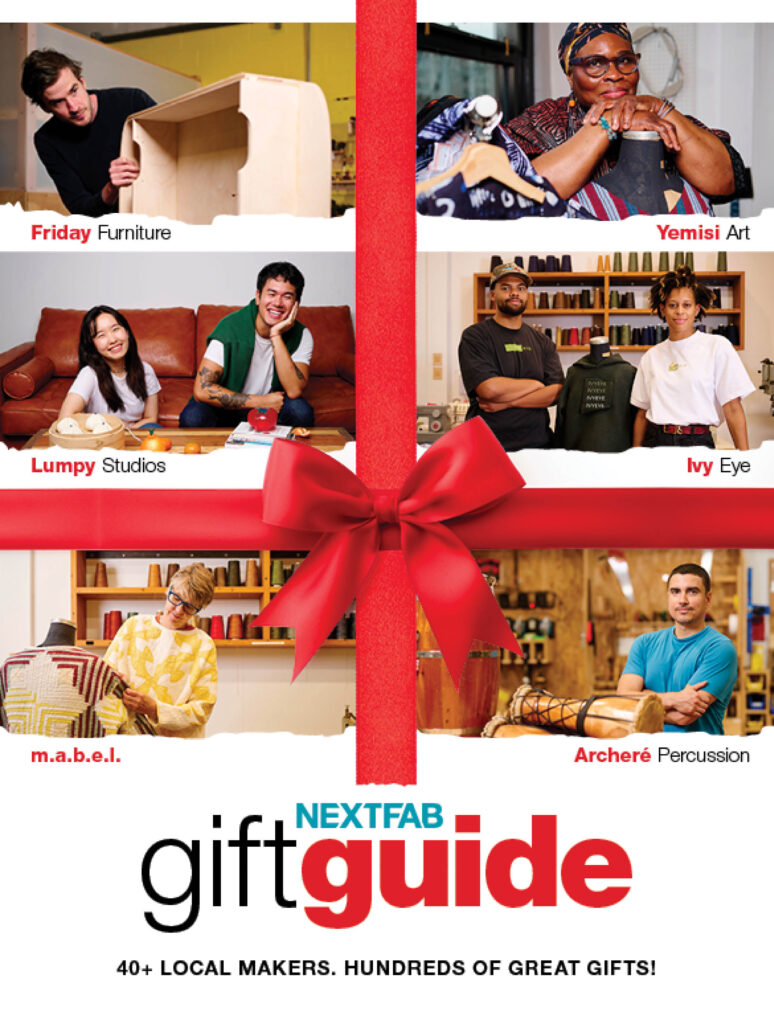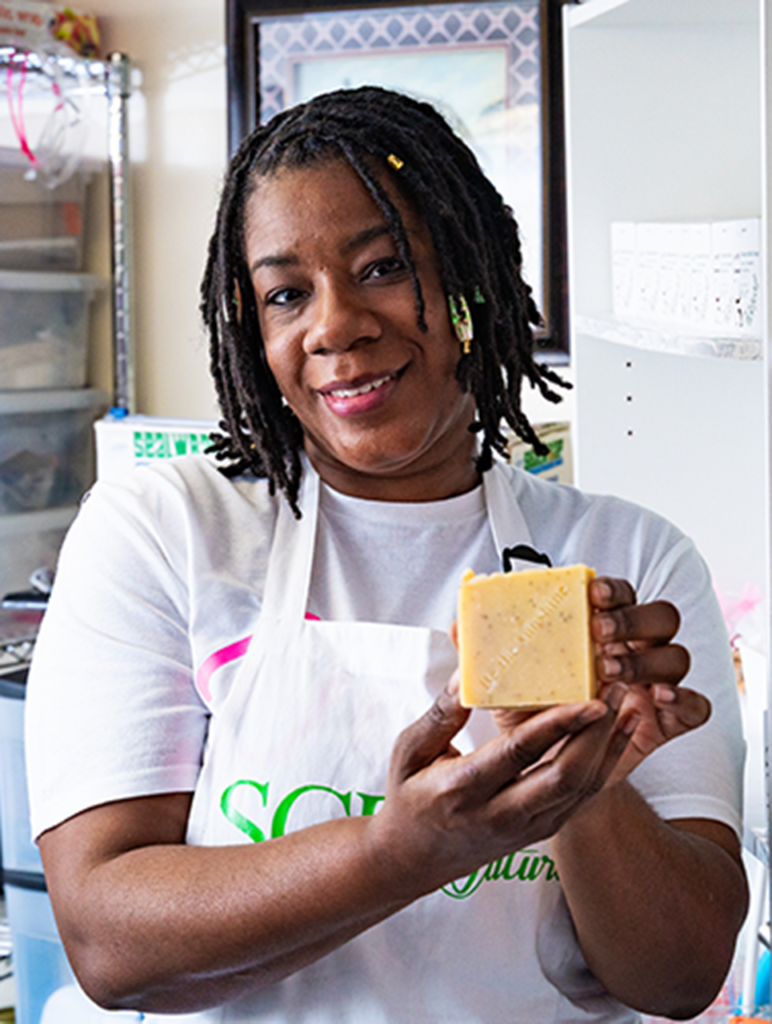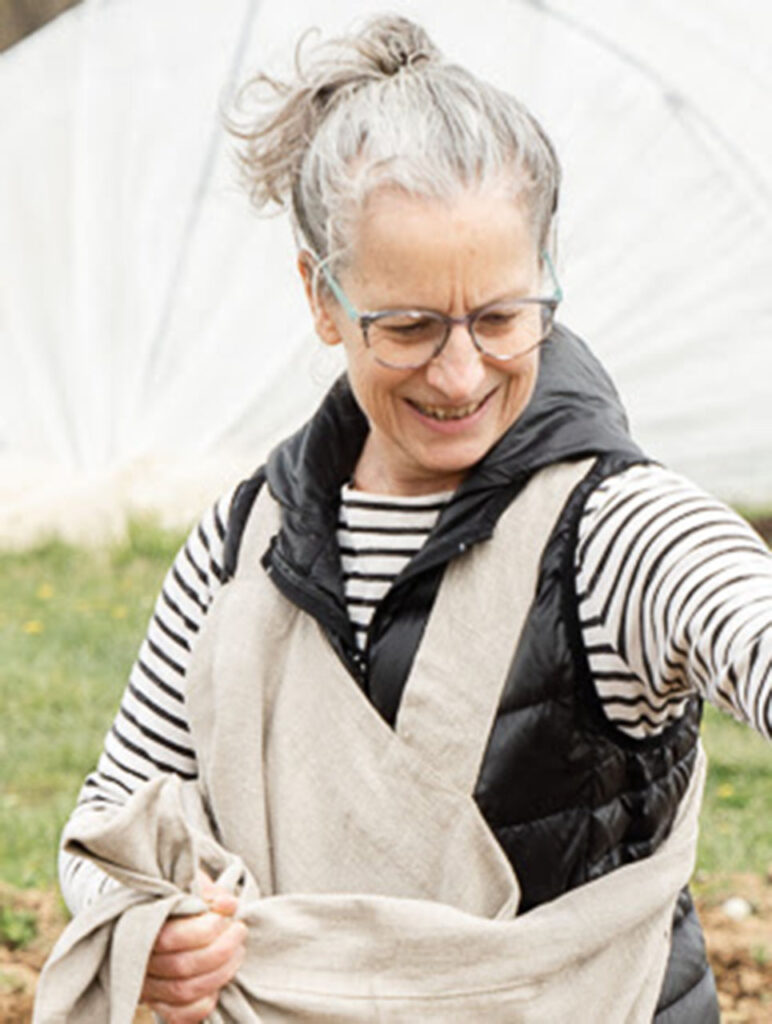Local designers want to manufacture in Philadelphia—but it’s not always possible.
by Justin Klugh
An idea is born anywhere: scribbles on the back of a napkin, a daydream during a webinar, panicked fumbling for a bedside notebook in the middle of the night. While cleaning out her mother’s belongings after her passing, Maddie Flanigan found her idea in a closet: a sewing machine that inspired her to embark on a fashion design career. By August 2016, she’d left her day job and was designing full-time in Philadelphia as the head of her company, Madalynne Intimates.
“I am a maker, through and through,” Flanigan says. “I love working with my hands.” But moving a concept from design into that formidable second phase—execution—requires more thought, greater space and probably a couple hundred more napkins to accomplish.
“I have a lot of manufacturers that I’m in contact with,” Flanigan says. “From a manufacturing standpoint, every factory has their strengths and weaknesses, it just so happened that I found a really great factory recently that can do all of my styles.”
Flanigan happened to settle on one in Brooklyn that best met her needs in terms of finance, specialization and scale. And she’s not alone. Many of Philadelphia’s scribblers, daydreamers and late-night notebook-reachers have had to look elsewhere to manufacture their products.
Duane Bumb, senior deputy commerce director of business development at the Philadelphia Chamber of Commerce, says it’s a decades-old issue: “Philadelphia has seen a reduction over the last 40 or 50 years in manufacturing overall, largely because production and efficiency has increased. But it’s not that we make fewer things here, it’s that we use fewer people to make those things.”
Despite the city’s industrial strengths—transportation infrastructure to get people to work and products to market; a great location, central to key business hubs in the northeast; and overall access to a large marketplace—there seems to be a disconnect between business owners and production that, despite the efforts of the COC, keeps manufacturing from staying in the city where the ideas are dreamed up. Flanigan is all about getting her lingerie into local shops. But when it comes to making her product on a grander scale, there’s an issue of space.
“We have a harder time being able to accommodate a user who needs 50–100 figures for their type of production,” Bumb explains. He says there are efforts in place to retrigger manufacturing in the city, like linking organizations such as technical schools to business owners in order to create personal contacts with those on the manufacturing side of production. This would obviously be a benefit to the fashion industry, among others: Whether due to local universities or incubators, there has been an uptick in that industry in particular.
“It’s really about us connecting makers to a workforce as they grow here and are producing here,” Bumb continues. “In fact, I think there are sites here for that, and I think there is an accessible and skilled workforce, and there are planning resources for people who need those specialized skills. We also are working with those organizations in workforce development—Philadelphia Works being the largest one of those—but there are a lot of neighborhood-based CDCs [community development corporations] and others that provide training opportunities. Helping [small businesses or businesses that are just starting] to connect to those resources is the place where we’re focusing our efforts right now.”
Camille Bell and Jonathan Velazquez, two Temple graduates and the founders of Pound Cake Cosmetics, are putting together a business out of The Yard workspace on South 11th Street while scheduling around day jobs and coaching interns. Pound Cake, which has a mission of providing makeup to a broad range of skin tones, has enough on its plate; not just getting a business off the ground, but also using its work to make a social commentary about “ways in which the beauty industry exploits/misrepresents marginalized groups, and the value of self-defined beauty and self-love,” the owners said in a joint statement.
The plan is for their first products to be available in the coming months, and like Flanigan, they’ve settled on a manufacturer outside of the Philadelphia region, finding a factory on the West Coast that suits their needs and fits their budget.
“Because we couldn’t find [a manufacturer] in Philly, we have to outsource, and then once we get big enough and understand how to manufacture ourselves, then we’ll have more money for getting a warehouse here in Philly,” Bell says.
Bell cites the Blackstone Launchpad program at Temple, a campus-based entrepreneurial program used by 500,000 students all over the world, as an example of a resource that benefitted her and Velazquez’s work, putting them in touch with the people and assets they needed to build the foundation from which Pound Cake can rise. Bell and Velazquez benefitted from having local business owners come in and share their expertise.
Photo: Morgan Smith
When it comes to producing locally, both Philadelphia’s entrepreneurs and the city itself are on the same side, and that side seems to encourage and benefit from more personal interactions. There’s just work to do to increase the opportunity to tap into a Philadelphia resource that Bell says is already here.
“That’s something I’ll say about Philly,” Bell says. “People want to help each other get off the ground.”

